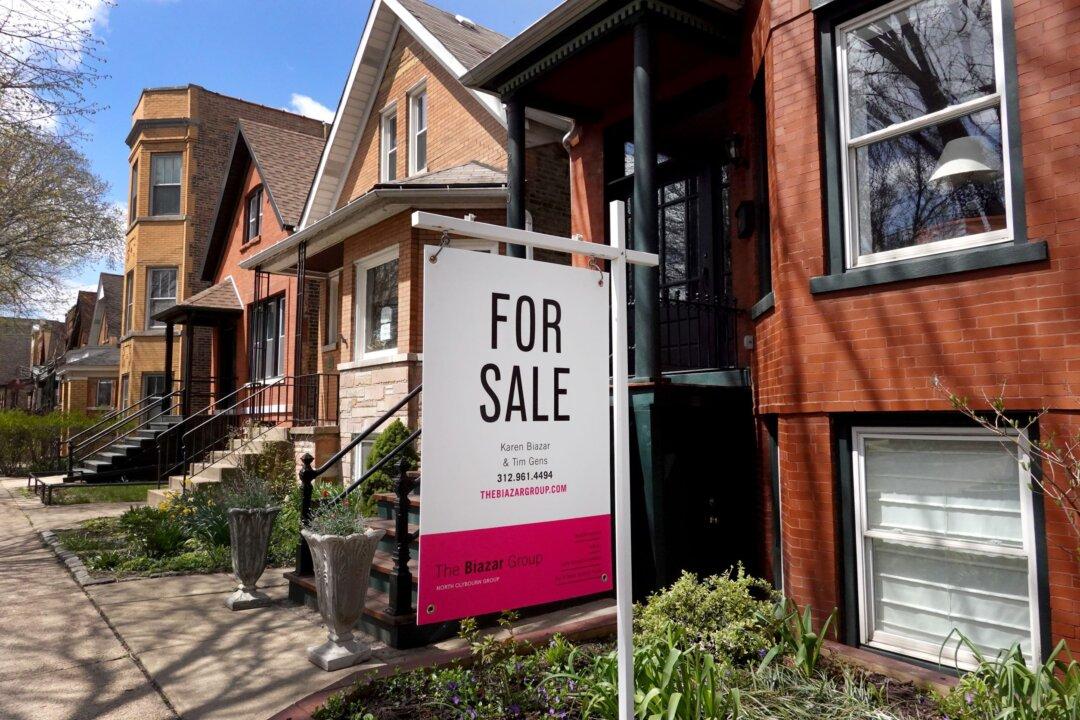Home sellers are giving more concessions and price cuts to prospective buyers amid high mortgage rates and home prices, according to real estate brokerage Redfin.
During the three months ending Feb. 28, sellers gave concessions to 45.5 percent of home sales recorded by agents at Redfin, according to a March 15 press release. This is the highest three-month share in the company’s records dating back to June 2020 and beats the 31.1 percent share from a year earlier. Home seller concessions can include anything from funding repairs or offering to pay closing costs.





